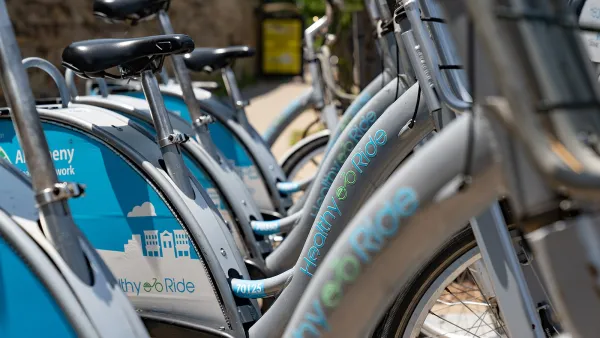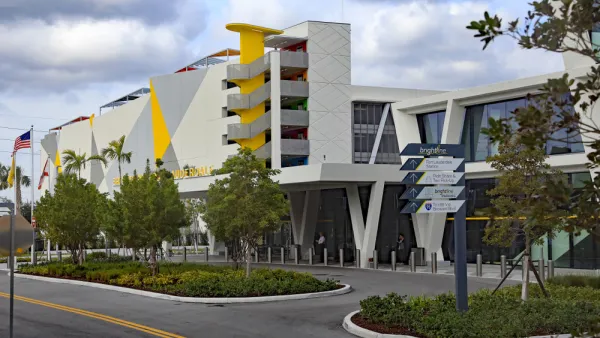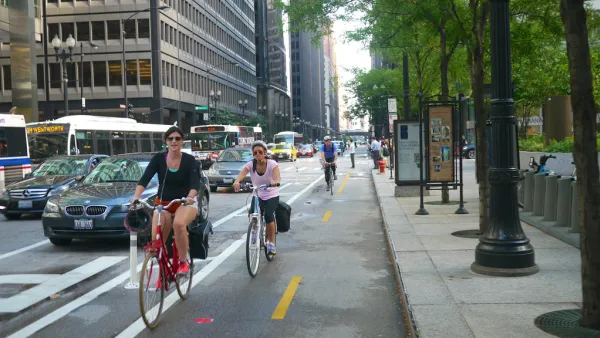In the 1960s and 70s, America witnessed a bike boom that sounds very similar to today's. Although it petered out, Tom Payne argues why contemporary circumstances have altered the long-term viability of a bicycling revolution.
As cities across the world seek to ease congestion and attract young professionals through investment in bicycle infrastructure, bike use is surging. "Portland hipsters are taking to the streets on fixies, east Londoners are dusting off vintage Raleighs and Sydney corporates are swapping golf clubs for lycra… As a result, the growth in cycling numbers has been immense in many cities worldwide," says Payne.
But unlike America's ‘bike boom’ of the late 60s and early 70s, which saw bike sales increase from 2.5 to 15 million between 1963-73, Payne thinks the current period of growth is sustainable. "We’re aware that we can no longer keep producing without recycling, we can no longer all own large homes, and we can no longer all drive to work – not only do our cars not all fit in our cities, but we are also running out of the very resource that drives them," he notes.
"The car will not simply disappear and bicycles will not suddenly take over our streets. But as we look for alternative solutions to our current transport woes, cycling is suddenly looking like a pretty smart option. Rather than just a fad, I’d argue that today’s boom will be sticking about for a while. Just like the revolution of a wheel, we are perhaps, returning to where it all began."
FULL STORY: Bicycle Revolution or Urban Fad?

Analysis: Cybertruck Fatality Rate Far Exceeds That of Ford Pinto
The Tesla Cybertruck was recalled seven times last year.

National Parks Layoffs Will Cause Communities to Lose Billions
Thousands of essential park workers were laid off this week, just before the busy spring break season.

Retro-silient?: America’s First “Eco-burb,” The Woodlands Turns 50
A master-planned community north of Houston offers lessons on green infrastructure and resilient design, but falls short of its founder’s lofty affordability and walkability goals.

Test News Post 1
This is a summary

Analysis: Cybertruck Fatality Rate Far Exceeds That of Ford Pinto
The Tesla Cybertruck was recalled seven times last year.

Test News Headline 46
Test for the image on the front page.
Urban Design for Planners 1: Software Tools
This six-course series explores essential urban design concepts using open source software and equips planners with the tools they need to participate fully in the urban design process.
Planning for Universal Design
Learn the tools for implementing Universal Design in planning regulations.
EMC Planning Group, Inc.
Planetizen
Planetizen
Mpact (formerly Rail~Volution)
Great Falls Development Authority, Inc.
HUDs Office of Policy Development and Research
NYU Wagner Graduate School of Public Service




























